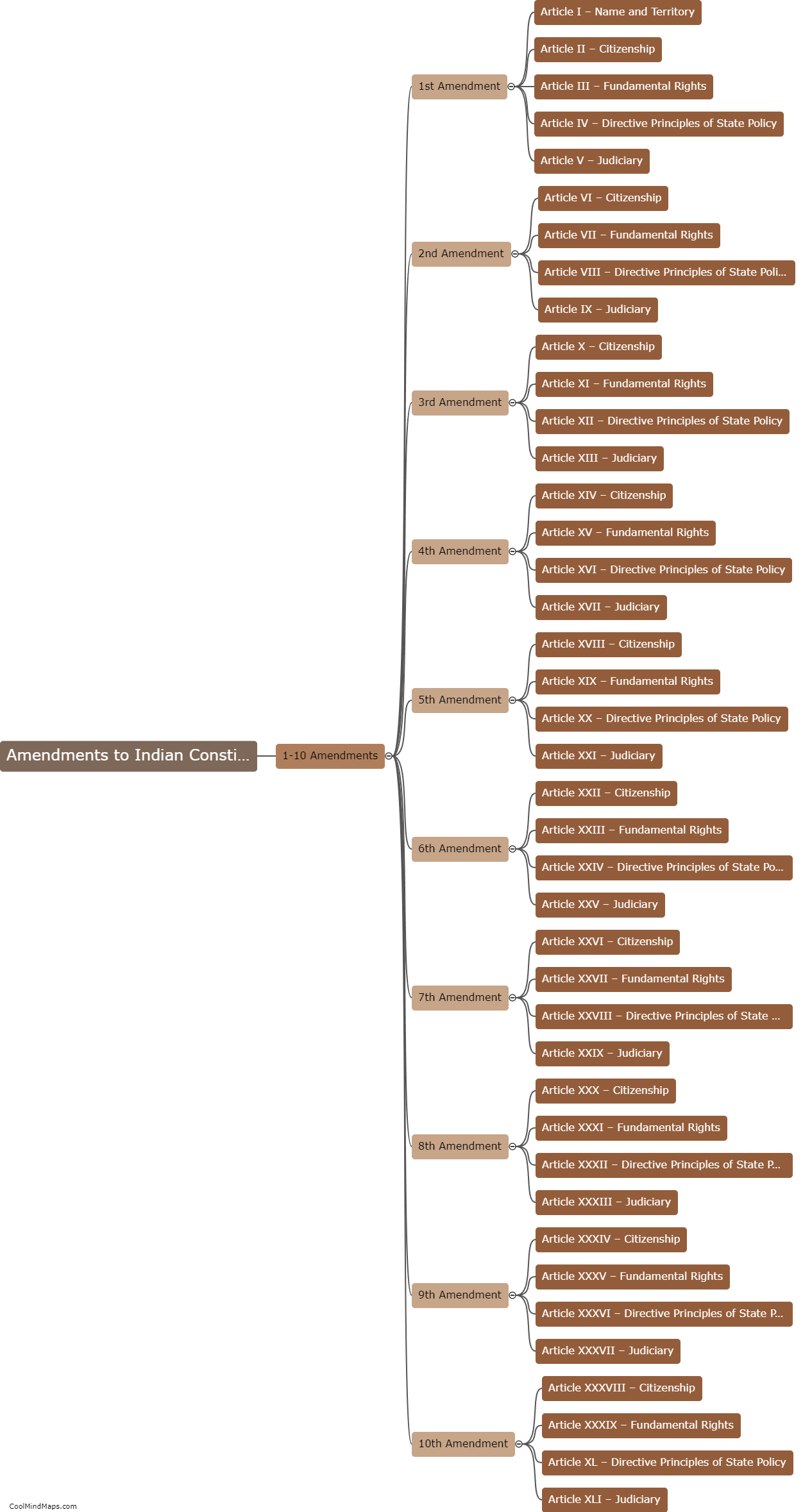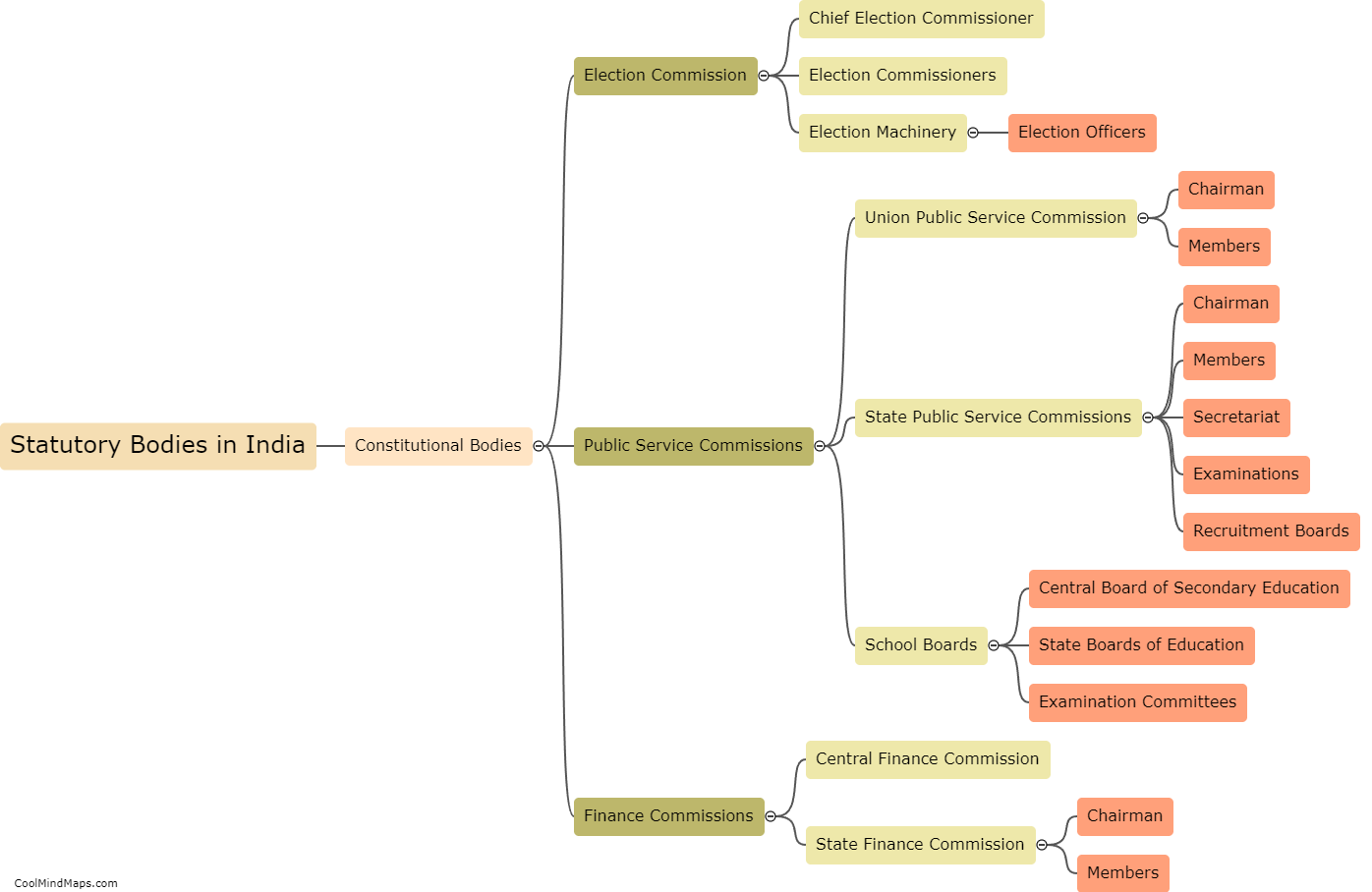What are the first ten amendments to the Indian constitution?
The first ten amendments to the Indian Constitution are known as the Fundamental Rights. These amendments provide essential protections and freedoms to the citizens of India. The first amendment guarantees freedom of speech and expression, the second guarantees the right to assemble peacefully, and the third protects individuals' right to form associations and unions. The fourth amendment ensures the right to move freely throughout the country, while the fifth guarantees the right to reside and settle in any part of India. The sixth amendment ensures the right to practice any profession, while the seventh protects citizens from being discriminated against based on religion, race, caste, or gender. The eighth amendment guarantees equality before the law, and the ninth ensures protection against arbitrary arrests and detentions. Lastly, the tenth amendment guarantees the right to protect one's personal liberty. These fundamental rights play a crucial role in upholding the democratic principles and safeguarding the rights of every individual in India.

This mind map was published on 7 September 2023 and has been viewed 85 times.











